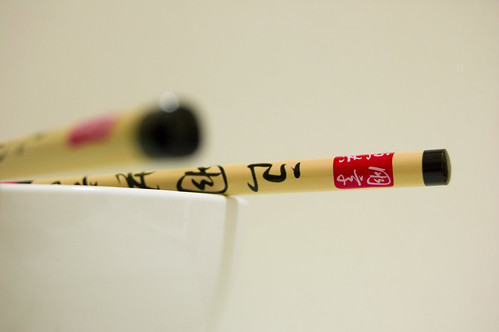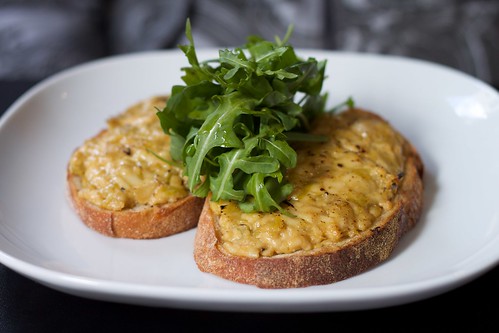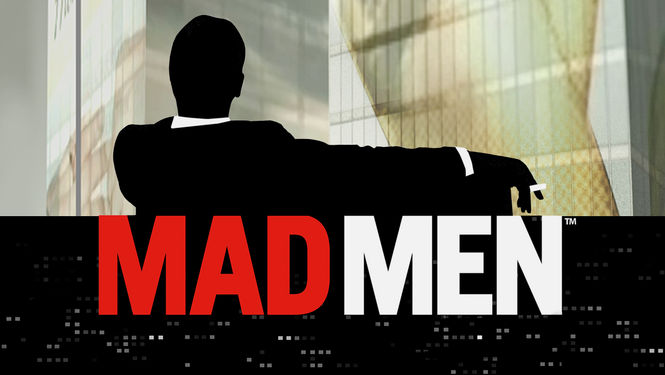While we’re all for talking like pirates, today we’ll be speaking sailor and taking a look at some words that you may not know have nautical origins.
aloof
“The President thus remained aloof, not personally involved in the U.N. debate.”
Ted Lewis, “LBJ’s Aloof Pose Was Calculated,” The Spokesman-Review, June 21, 1967
Aloof, meaning distant physically or emotionally, was originally a nautical word. When a captain wanted to “keep the ship’s head to the wind,” therefore staying “clear of a lee-shore or some other quarter,” he’d order the ship to keep aloof. Aloof comes partially from luff, “the sailing of a ship close to the wind.”
bucko
“It was the doctrine of his officers that he could not be ruled by anything short of violence, and the man to tame and hammer him was the ‘bucko’ second mate, the test of whose fitness was that he could whip his weight in wild cats.”
Ralph D. Paine, The Old Merchant Marine, 1920
Bucko, “a blustering or bossy person” (and Richie Cunningham’s insult of choice), may play off the word buck meaning a “fashionable man; a fop; a blood; a dandy.” Such a type of sailor was often referred to as a bucko mate.
chopsticks
“Mustering up much skill, one attempts getting the food on chopsticks from the tables to one’s mouth. The first few times most of it falls on the floor or one’s lap.”
“Dinner a la Japanese,” Baltimore American, June 12, 1900
British sailors first encountered chopsticks in China in the 17th century. The word is a partial transliteration of the Chinese term, kuai zi or “nimble ones.” This is also where we get chop chop, “right away, quick.”
cootie
“After a fellow has served eight days in the front line trenches he may be lonesome for a while after losing his ‘cooties,’ but he must be ‘de-loused.'”
“‘Cootie Cars’ Bring Relief to Sammies,” The Toledo News-Bee, May 9, 1918
The word cootie, otherwise known as the body louse, gained popularity as British slang during World War I but also had earlier nautical use. The word may come from the Malay kutu, “dog tick.”
galoot
“To our astonishment the heroine said as she looked with tenderness into the eyes of the hero, ‘You clumsy galoot, you stepped on my foot just now.'”
Mary Pickford, “Daily Talks,” The Day, December 7, 1915
A galoot is a clumsy or uncouth person. The Online Etymology Dictionary says the word was “originally a sailor’s contemptuous word for soldiers or marines.”
The origin of galoot is uncertain. Anatoly Liberman of the Oxford University Press’s blog proposes that it may come from the Middle Dutch galioot, which seems to refer to a sailor, pirate, galley slave, convict, or pimp.
hail from
“There will be no dearth of baseball in Ambridge this summer, judging from the number of teams that will hail from that town.”
“Ambridge Will Have Plenty of Baseball,” The Daily Times, March 26, 1913
To hail from, or “to be a native of,” was originally “said of a vessel in reference to the port from which she has sailed,” according to the Oxford English Dictionary (OED).
hunky-dory
“‘I’m all hunky-dory, Gen’ral,’ answered the youth, resuming his temporarily interrupted apple.”
Robert Henry Newell, The Walking Doll: Or, The Asters and Disasters of Society, 1872
There are a few theories behind the origin of this term meaning “perfectly satisfactory; fine.” The Online Etymology Dictionary says it may be a reduplication of hunky, meaning “all right; in good condition.” However, a 1876 theory traces hunky-dory “to Honcho dori, said to be a street in Yokohama, Japan, where sailors went for diversions of the sort sailors enjoy.”
Hunky meaning “having a well-developed physique; sexually attractive” comes from hunk, which may come from the Flemish hunke, “a piece of food.” Bohunk is a disparaging term for a person from east-central Europe, especially a laborer,” and may be a combination of Bohemian and Hungarian.
lopsided
“Standing anyhow and all wrong, upon this open space like something meteoric that has fallen down from the moon, is an odd, lop-sided one-eyed kind of wooden building, that looks like a church, with a flag-staff as long as itself sticking out of a steeple something larger than a tea-chest.”
Charles Dickens, “American Notes,” Charles Dickens’ Complete Works, 1881
The word lopsided, originally lapsided, was first used of ships that were disproportionately heavy on one side, says the OED.
Lop in this case refers to “a short, ‘loppy’ sea,” or “to break in short, ‘loppy’ waves.” Loppy means short and lumpy as well as “hanging limp.” To be lop-eared means to have droopy ears.
skivvies
“I’ve lived in New York City long enough to expect the unexpected and keep cool in the presence of insanity, but an Orthodox Jew cold busting his human beatbox, dressed only in his skivvies and swilling Jack Daniels, still feels to me worthy of the term ‘spectacle.’”
Patrick Egan, “Family Feud: Teeth of the Sons,” The Huffington Post, May 9, 2011
The origin of skivvies, a North American term for underwear, is unclear. The OED puts the earliest citation at 1932. However, World Wide Words puts it much earlier, 1918. Another meaning of skivvy is London slang for a “female domestic servant.” However, this seems unrelated.
According to World Wide Words, the word might come from a term meaning “Japanese prostitute,” which was used by American servicemen in the Philippines in the early 1900s, possibly as an alteration of the “Japanese sukebei, randy or lecherous.” Sukebei “was later generalised to mean any Japanese, though it remained derogatory and was deeply resented by those so described.”
spin a yarn
“He was fond of society, was a good story teller, having traveled much, and was always willing to spin a yarn, but when asked about himself he immediately became taciturn.”
“Perhaps Jack the Ripper,” The New York Times, March 17, 1892
While the phrase spin a yarn may seem like it comes from the telling of tales in a knitting circle, it’s actually a sailors’ expression from the early 1800s. The saying is based on the “notion of telling stories while engaged in sedentary work such as yarn-twisting.” A yarn is not just a story but one “often implying the marvelous or untrue.”
squeegee
“The rule dates to a time when so-called squeegee men, who roamed the roadways demanding tips in return for washing windshields, were common.”
Michael M. Grynbaum, “Under Rule, Hailing a Cab for a Stranger Can Be Illegal,” The New York Times, November 25, 2011
Squeegee is another word that we know little about except that it has nautical origins. It could come from squeege, “a dialectal form of squeeze.” A squeegee band, another nautical term, is an improvised band, according to the OED, and is also known as a washboard band.
taken aback
“Admiral Davis was taken aback and considerably shocked at the tone and contents of this letter.”
“Admiral at Government House,” The Age, January 22, 1907
Like aloof, taken aback, meaning surprised, originally referred to the positioning of a ship, in this case “in reference to a vessel’s square sails when a sudden change of wind flattens them back against the masts and stops the forward motion of the ship.”
Finally, if you’re missing some pirate-speak, enjoy our classic post on pirate words.
[Photo: “Torpedoes Away!” Public domain by National Library of Ireland on the Commons]
[Photo: “Chopsticks,” CC BY 2.0 by Clare Bell]









